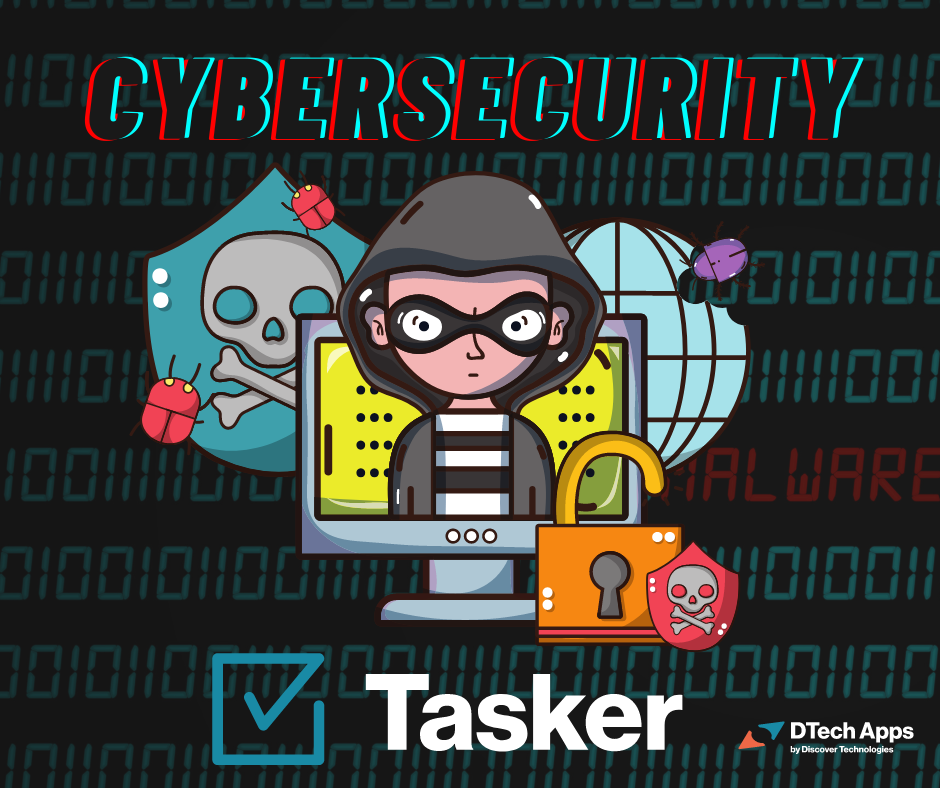Digital Transformation in the Legal Sector
Law firms and legal departments are highly specialized in what they do. However, the legal sector still falls behind other sectors when it comes to adapting and implementing digital transformation strategies. According to Forbes, besides online document signing, email correspondence, and the utilization of customer databases, digital transformation in the field has been virtually non-existent.
What will the “Modern Law Firm” look like?
Depending on who you talk to, requirements and needs can drastically differ in the legal sector. A corporate legal department will have different needs than a small-to-medium specialized law firm. However, regardless of the size and specialty, digital transformation in the legal sector leads to more efficiency, increased insights, elimination of manual errors, expanded bandwidth and capabilities, and (most importantly) improved client relationships. Productivity could be drastically improved by eliminating mundane tasks and automating work such as contract and document management, review, and analytics.
Data security is another major area of concern and opportunity. According to the American Bar Association, 25% of law firms have experienced a data breach in the past year. The sensitive nature of the data contained in legal documents, such as confidential client information, means that focus needs to be given to privacy compliance and security policies. Most law firms are not using basic security measures—including updated software and operating systems, patches, backup, and staff training—to safeguard and protect their data.
The Modern Law Firm looks like a technologically sound institution that implements innovative collaborative work and document management solutions to streamline processes, automate and administer tasks, standardize task and work templates, share documents, and increase leadership transparency/visibility within a secure and privacy-compliant environment. The Modern Law Firm prioritizes the mitigation of risks and improves relationships for both legal staff, and the clients they serve.
How can Tasker and DocIntegrator transform the Legal Sector?
Tasker and DocIntegrator are engineered on ServiceNow, leading the industry in secure collaborative work management and document management tools. Tasker and DocIntegrator can be seamlessly integrated to catapult digital transformation in law firms and legal departments, transforming efficiency and enhancing how work gets done.
Tasker and DocIntegrator move organizations away from email, spreadsheets, disparate processes, siloed communications, and expensive solutions. With Tasker and DocIntegrator, firms can deploy a multitude of legal and business applications addressing every unique aspect of their organization including: eDiscovery, legal holds, new matter intake, compliance, claims processing, appeals process, interdepartmental requests, correspondence management, and case management. These applications can be deployed without relying on a complicated catalog of high-code software solutions that do not talk to each other.
Tasker streamlines legal work management for legal entities of any size and any specialty through its intuitive Taskflow™ Builder, robust and dynamic reports and dashboards, and innovative WorkUI™.
DocIntegrator integrates access to Microsoft® SharePoint with any ServiceNow environment. DocIntegrator users can create, edit, review, and digitally sign files and documents stored in SharePoint directly inside of Tasker and any ServiceNow workflow or solution, without ever leaving ServiceNow or Tasker or going into the SharePoint application itself.
Through DTech Apps’ partnership with ServiceNow, all versions of Tasker have inherited the highest security standards, FedRAMP High and U.S. Department of Defense (DOD) Impact Level 5 (IL5) making it ideal for law firms and legal departments everywhere.
Check out our latest blog, Cybersecurity & Tasker!


